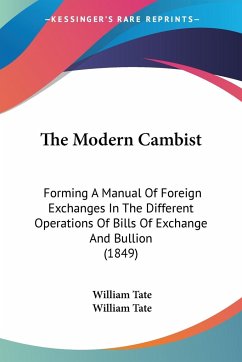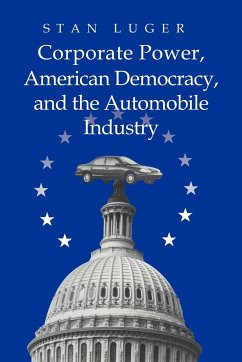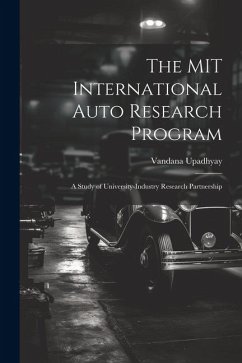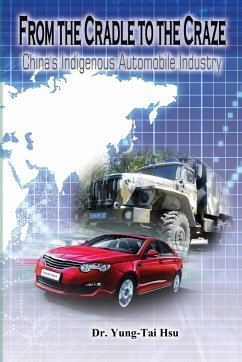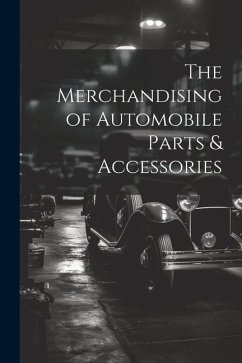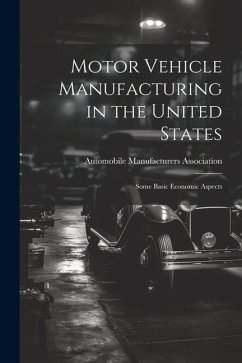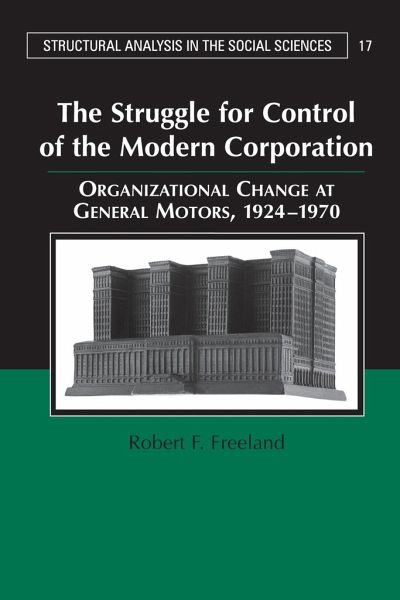
The Struggle for Control of the Modern Corporation
Organizational Change at General Motors, 1924-1970
Herausgeber: Granovetter, Mark

PAYBACK Punkte
24 °P sammeln!
Drawing on primary historical material, The Struggle for Control of the Modern Corporation provides a historical overview of decision making and political struggle within one of Americas largest and most important corporations. Freeland examines the changes in the General Motors organization between the years 1924 and 1970. He takes issue with the well-known argument of business historian Alfred Chandler and economist Oliver Williamson, who contend that GMs multidivisional structure emerged and survived because it was more efficient than alternative forms of organization.





